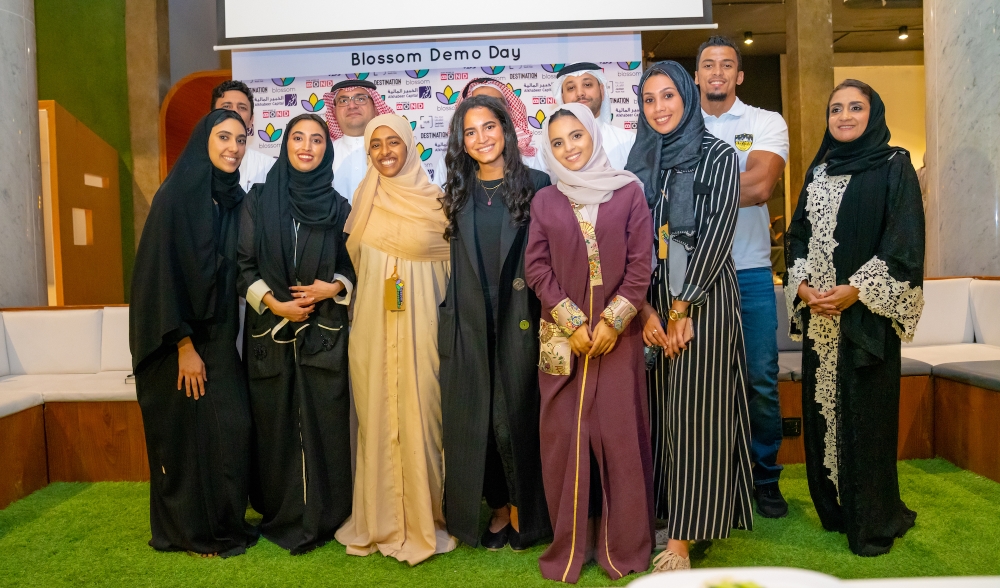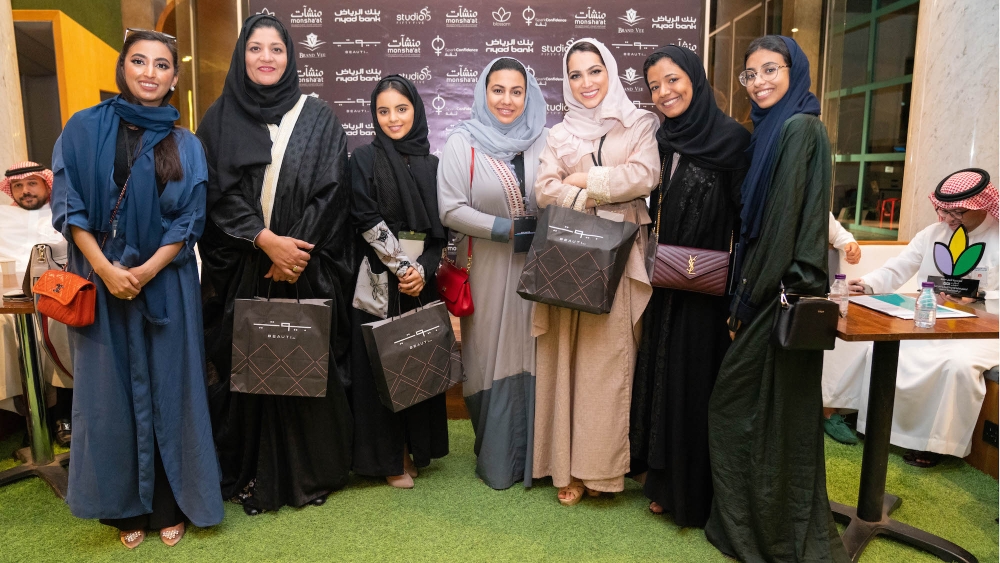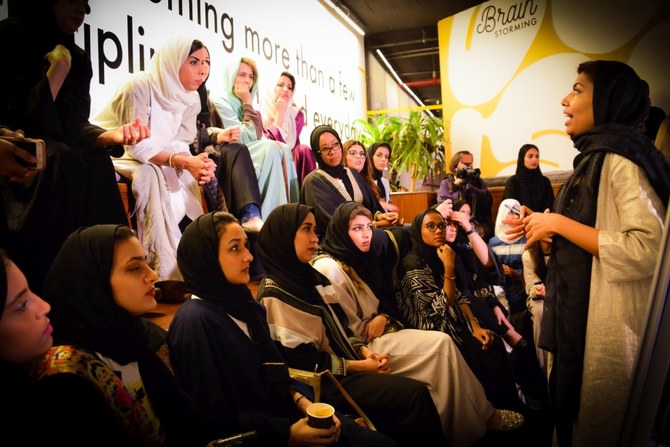JEDDAH: From cultural or self-imposed barriers to age-old beliefs, gender-role stereotyping remains one of the biggest obstacles to women’s progress in the workplace and one of the main reasons for the lack of female representation at the executive level and in startup culture in the Middle East and North Africa (MENA).
Despite ongoing progress in the startup scene, the region still faces some unique challenges. These include the lowest female labor force participation rate (LFPR) in the world — at 24.6 percent, it trails far behind the global average of 47.8 percent.
According to Emon Shakoor, CEO of the region’s first female-focused accelerator, Blossom, women’s participation in professional and technical jobs is not on a par with men’s. “As it is, starting a company is pretty difficult, but starting a company as a woman often had additional challenges. Gender biases and cultural beliefs added an extra layer of difficulty for women who wanted to launch their own business,” Shakoor said.

Since its launch, Blossom has mentored more than 300 female-focused startups and arranged three events. (Supplied)
In 2017, when she was just 23, Shakoor launched her own venture for a strong entrepreneurial network in Saudi Arabia. However, she found it especially hard to network with the upper echelons, which is when the idea for Blossom emerged.
“At that time in Saudi Arabia, there weren’t any startup accelerators or network platforms that offered startup advice, especially ones that catered to women,” Shakoor said. “That’s when I realized that women who launched their own business in KSA faced a different set of challenges than the average Saudi male founder.
“With Blossom, I wanted to tailor an experience that met the needs of female founders while enabling and equipping them with everything they need to know to overcome the barriers they might face along the way. This is a global phenomenon; it happens even in Silicon Valley.”
INNUMBERS
Female workplace progress
* 24.6% Female labor force participation rate in MENA.
* $36m Total funding for startups founded by women in 2019.
As noted in a recent MAGNiTT report in relation to MENA, “5.1 percent ($36 million) of total funding went to startups with only female founders in 2019, which is close to double the figure in the US. Beyond that, startups with only female founders accounted for 4.5 percent of all deals in 2019, more than twice the percentage in the US.”
While Shakoor acknowledges there have been noteworthy efforts to increase female participation in the economy, “we still have a long way to go.” The Jeddah-based accelerator gives early-stage startups the opportunity to participate in a boot camp and a demo day while also providing them with resources, knowledge, networking and access to mentors, speakers and investors.
“Startups get mentorship on everything — from business models, introduction to entrepreneurship, lean principles, hands-on implementation, marketing and finance, and a lot more,” Shakoor said.
“We believe one of our differentiation points here at Blossom is our heavily mentored programs that give access to mentors and speakers from both Silicon Valley and the region. Having that international exposure, alongside local expertise, gives our female-focused startups a 360-picture of the entrepreneurial ecosystem.”

The Jeddah-based accelerator gives early-stage startups the opportunity to participate in a boot camp and a demo day while also providing them with resources, knowledge, networking and access to mentors, speakers and investors. (Supplied)
Since its launch, Blossom has mentored more than 300 female-focused startups and arranged three events: Techpreneurship Sprint (a one-day business plan competition for technology startup ideas), SELLA (a technology entrepreneurship function focused on idea-sharing, inspiration and networking), and THIQAH (a female-empowerment event teaching women how to be more confident and create the company they deserve). And a fourth virtual event is underway.
“The coronavirus has motivated us to take our event online. Going virtual means reaching more startups across the globe and expanding our Blossom network worldwide. We always had the idea for the online accelerator, but the virus expedited the process for us,” Shakoor said.
Blossom continues to grow and evolve, with mentorship programs spanning the GCC and MENA, but Shakoor says she is just getting started. “I see Blossom being the accelerator and platform for female founders in MENA, the place for any woman who wants to start or grow a company to go to and ultimately scale and succeed.
“We’re also planning on starting our own fund to grow our business and network and eventually invest in multiple talents across this part of the world.”
-----------------
This report is being published by Arab News as a partner of the Middle East Exchange, which was launched by the Mohammed bin Rashid Al Maktoum Global Initiatives to reflect the vision of the UAE prime minister and ruler of Dubai to explore the possibility of changing the status of the Arab region.


































